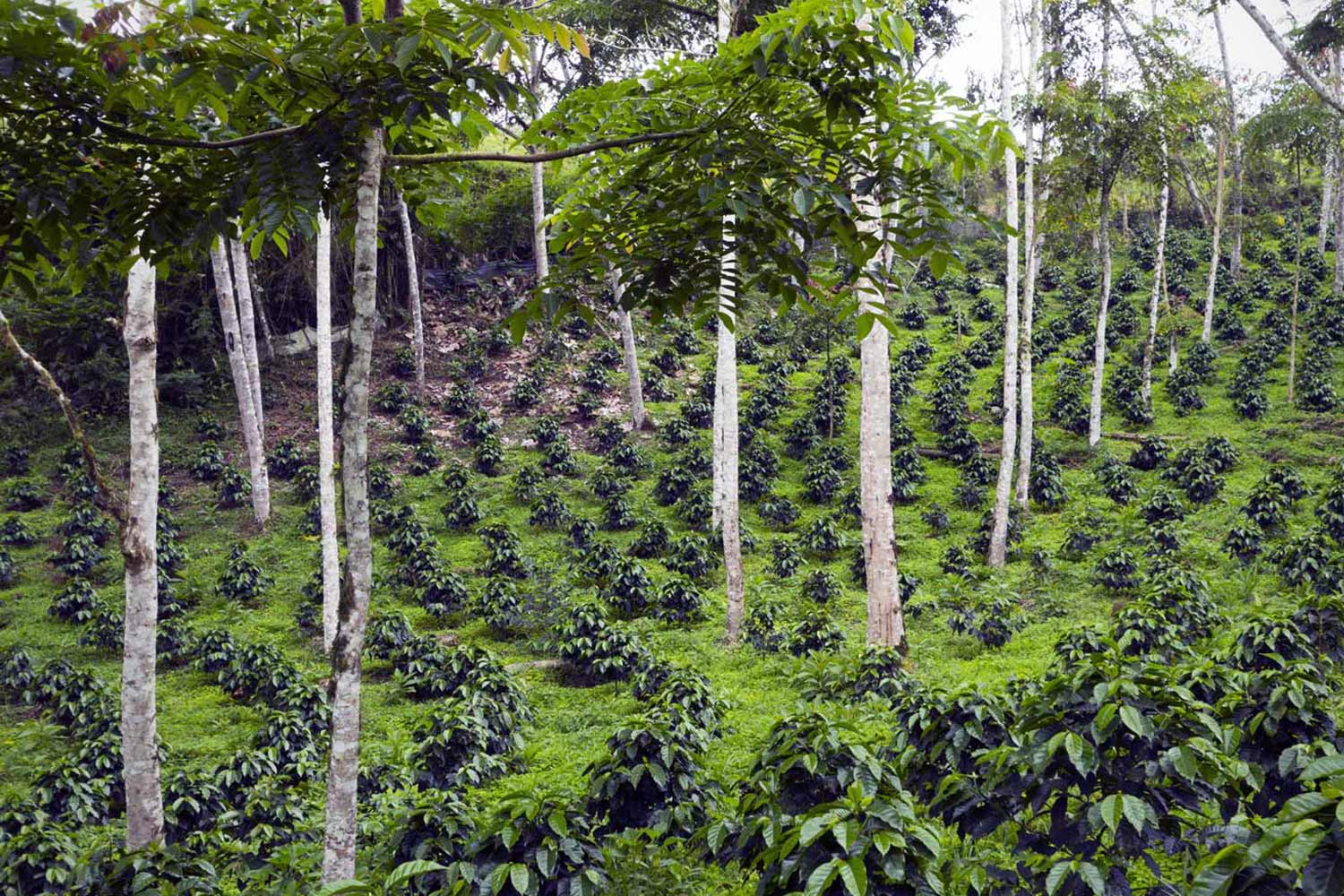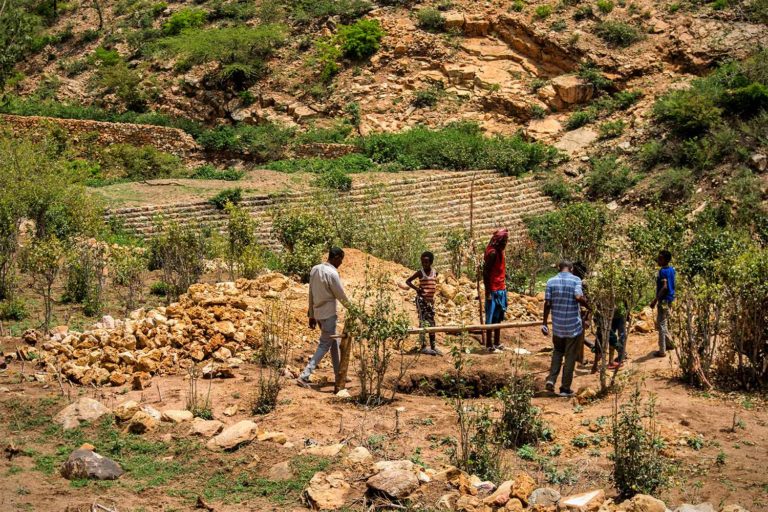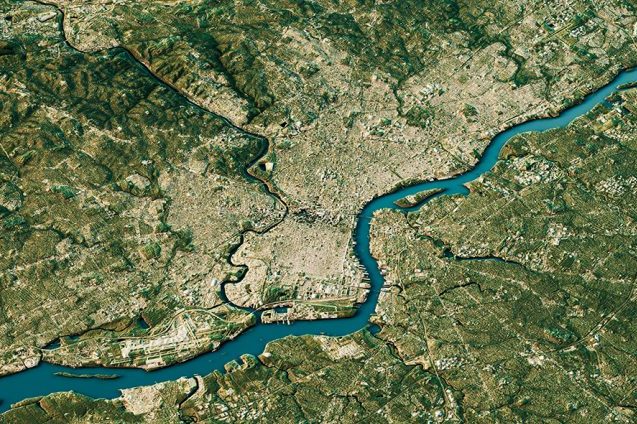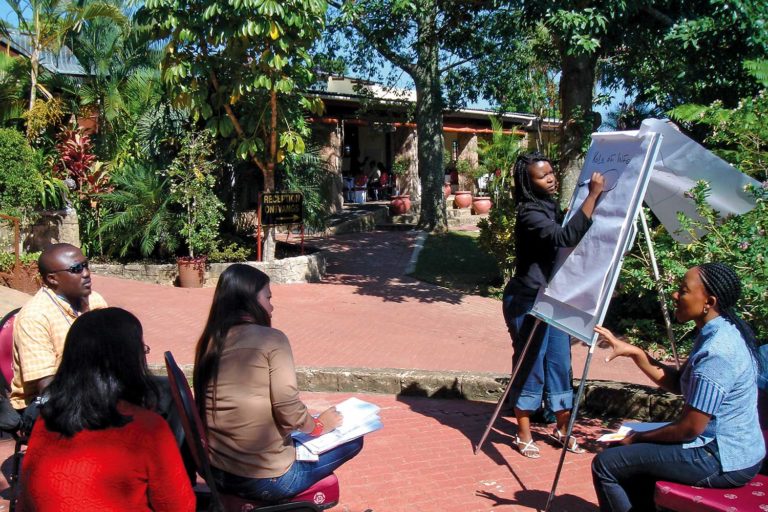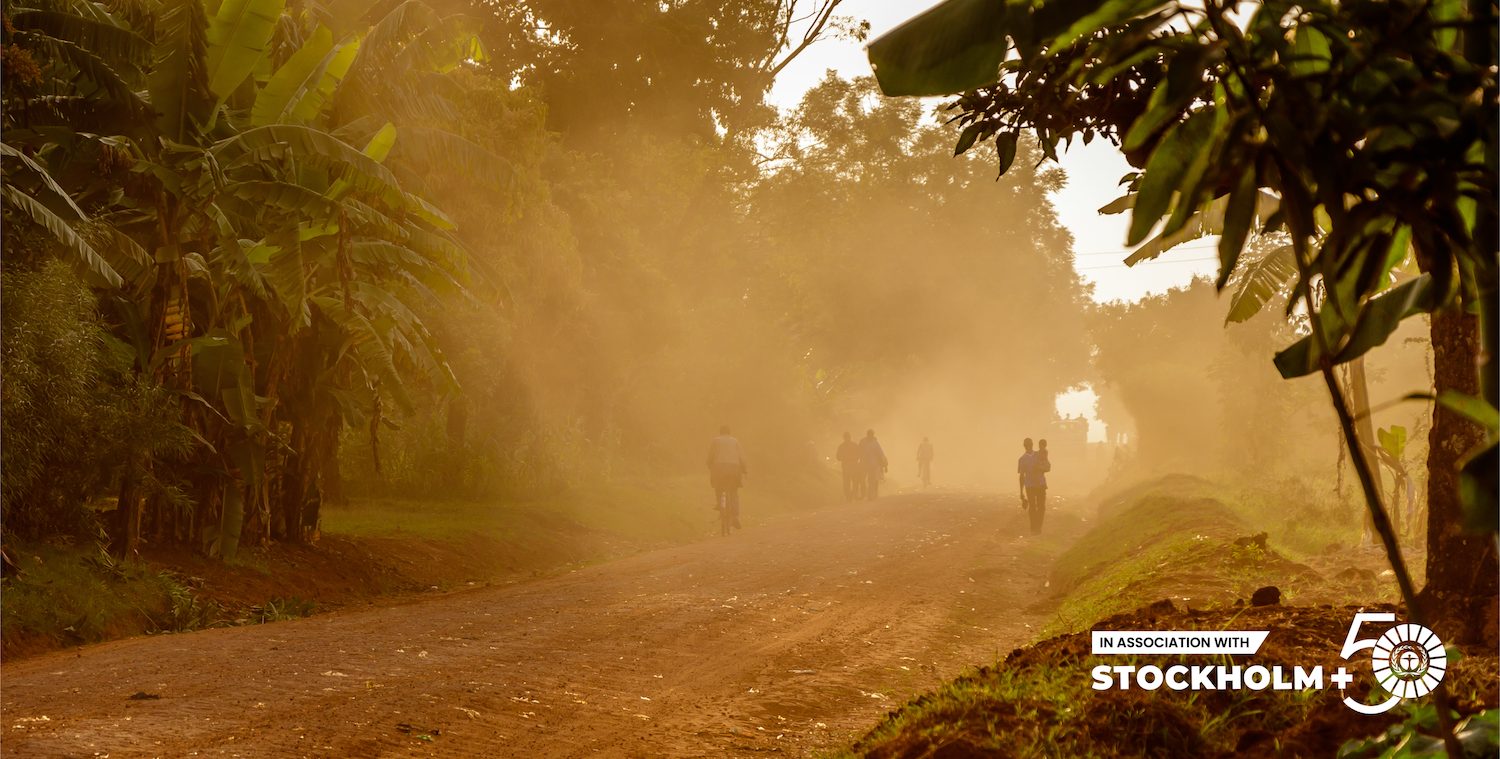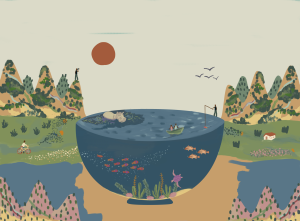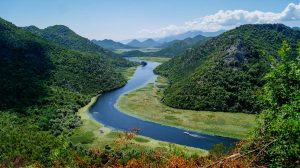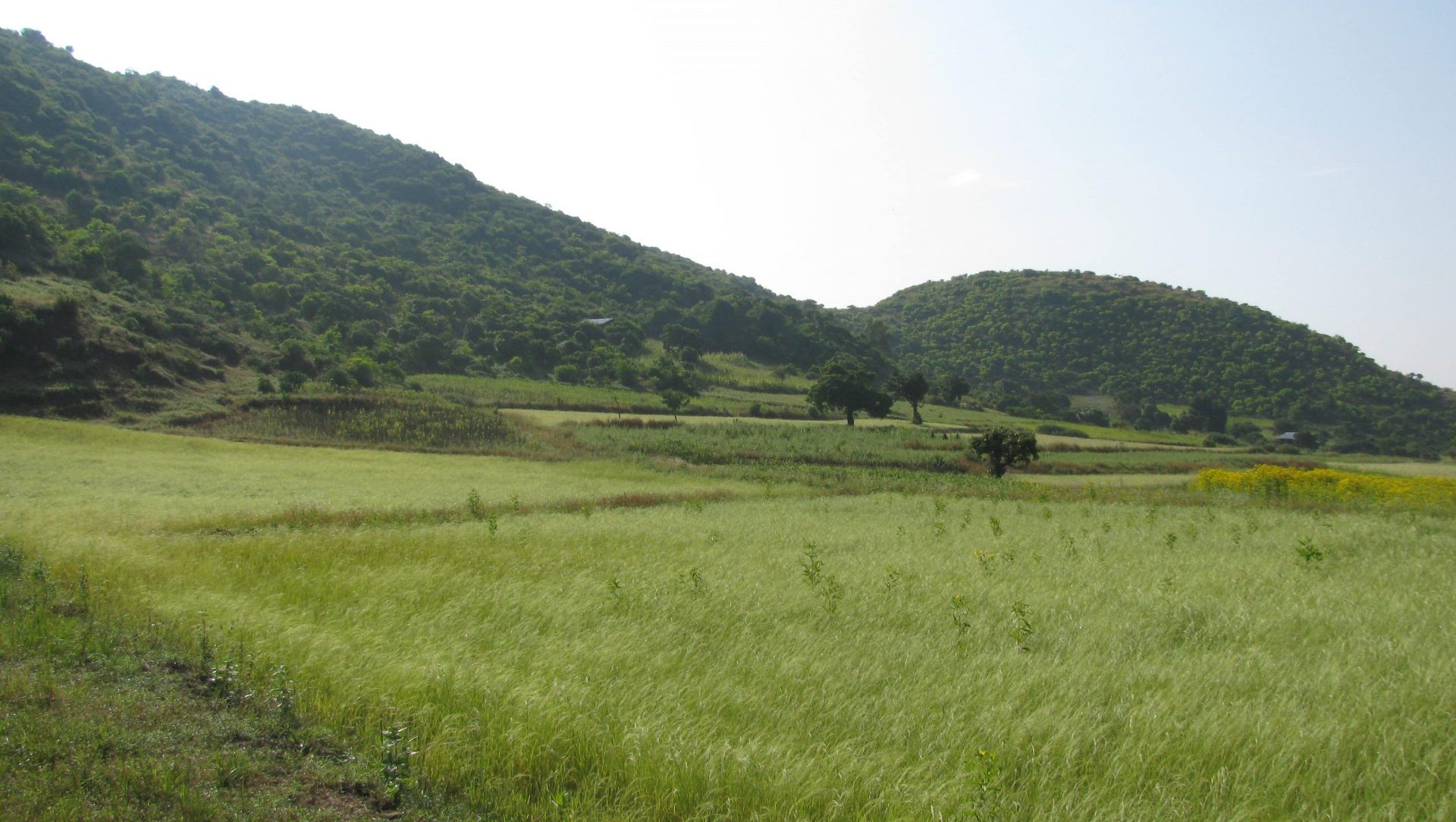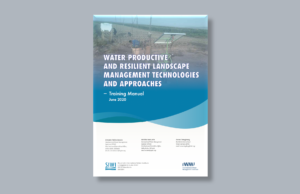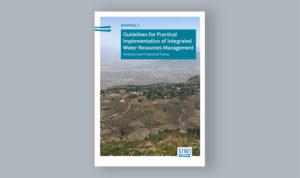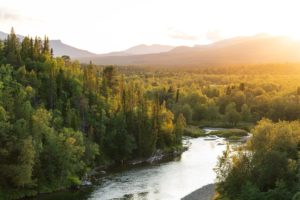The Water for Resilient Landscapes programme generates and shares knowledge on the role of water in the landscape. Forestry and agricultural practices that consider water flows can reduce poverty and address both the climate crisis and the escalating degradation of biodiversity and ecosystems.
The water cycle plays a crucial role for resilient, productive landscapes that provide clean water, fibre, energy, and nutritious food. Landscapes with a functioning hydrology sustain biodiversity and contributes to climate change mitigation and adaptation.
After years of increasingly unsustainable land use that has disrupted the hydrological cycle, there is now growing interest in new ways to protect and restore landscapes and their ecological and hydrological functions. SIWI’s Water for Resilient Landscapes programme is part of a vibrant global movement that promotes more resilient approaches to forestry, agriculture, and landscape restoration and management.
Together with stakeholders and networks across the world, we generate and disseminate knowledge on how to restore, govern and manage landscapes to ensure their hydrological functions, protect water resources and sustain livelihoods.
To achieve the goals of the Paris Agreement on climate change and the 2030 Agenda, resilient landscapes play a crucial role. There are strong links between healthy ecosystems, the hydrological cycle, productive landscapes, and water and food security. SIWI’s Water and Resilient Landscapes programme works with several partners to raise awareness of policymakers and practitioners of these interlinkages.
Hydrological flows and water security must be an integral part of planning, decision-making, and management of landscapes. People in different sectors, and at different levels, need to learn about the benefits of landscape restoration and mosaic landscapes, where protected land is interspersed with farms and urban areas. Not least is it important to raise awareness of practices that support the water cycle, ecosystem functions and biodiversity.
The Water for Resilient Landscapes Programme is active in many parts of the world. The programme provides platforms for dialogue, knowledge exchange and co-production of knowledge. It contributes to the scientific understanding of the forest-water nexus through involvement in research networks such as Focali, the Forest, Climate and Livelihood research network. Other important activities are the Ethiopia Water and Landscape Governance programme and Locally Controlled Forest Restoration programme.
The global water crisis is exacerbated by climate change, land degradation and loss of biological diversity. In many parts of the world, ecosystems are on the brink of collapse, disrupting the water cycle and leading to loss of carbon sinks and habitats for biodiversity in landscapes. This in turn has negative consequences for water and food security and reduces the resilience against natural disasters. Transformative change of the management of water, biodiversity and ecosystems is urgently needed.
To address complex environmental challenges and minimize trade-offs, it is necessary to find landscape-wide approaches that integrate agriculture, forestry, energy, and water. Landscape approaches can be a mechanism for dialogue and discussion among multiple stakeholders to mobilize better land use and water resource outcomes.
The linkages between water and different types of land cover – such as forests, grasslands, wetlands – tend to be very context specific so there is great need for continuous research and knowledge exchange on the many complex interlinkages.
As water resources are becoming more constrained, questions about water management must increasingly be at the fore of decision-making about forests and landscapes. Based on the growing body of knowledge about the role of water in landscape restoration, SIWI provides platforms for dialogue, knowledge exchange and co-production of knowledge. The Landscapes team supports capacity-building to provide policy makers and practitioners with the tools and insights they need to improve governance and management. SIWI also helps identify financing initiatives and tools to mainstream the landscape approach into decision-making.
A conceptual framework has been developed by the Landscapes team, for analyses of drivers of change of landscapes, impacts on hydrology and water -ecosystem services and their contribution to sustainable development.
